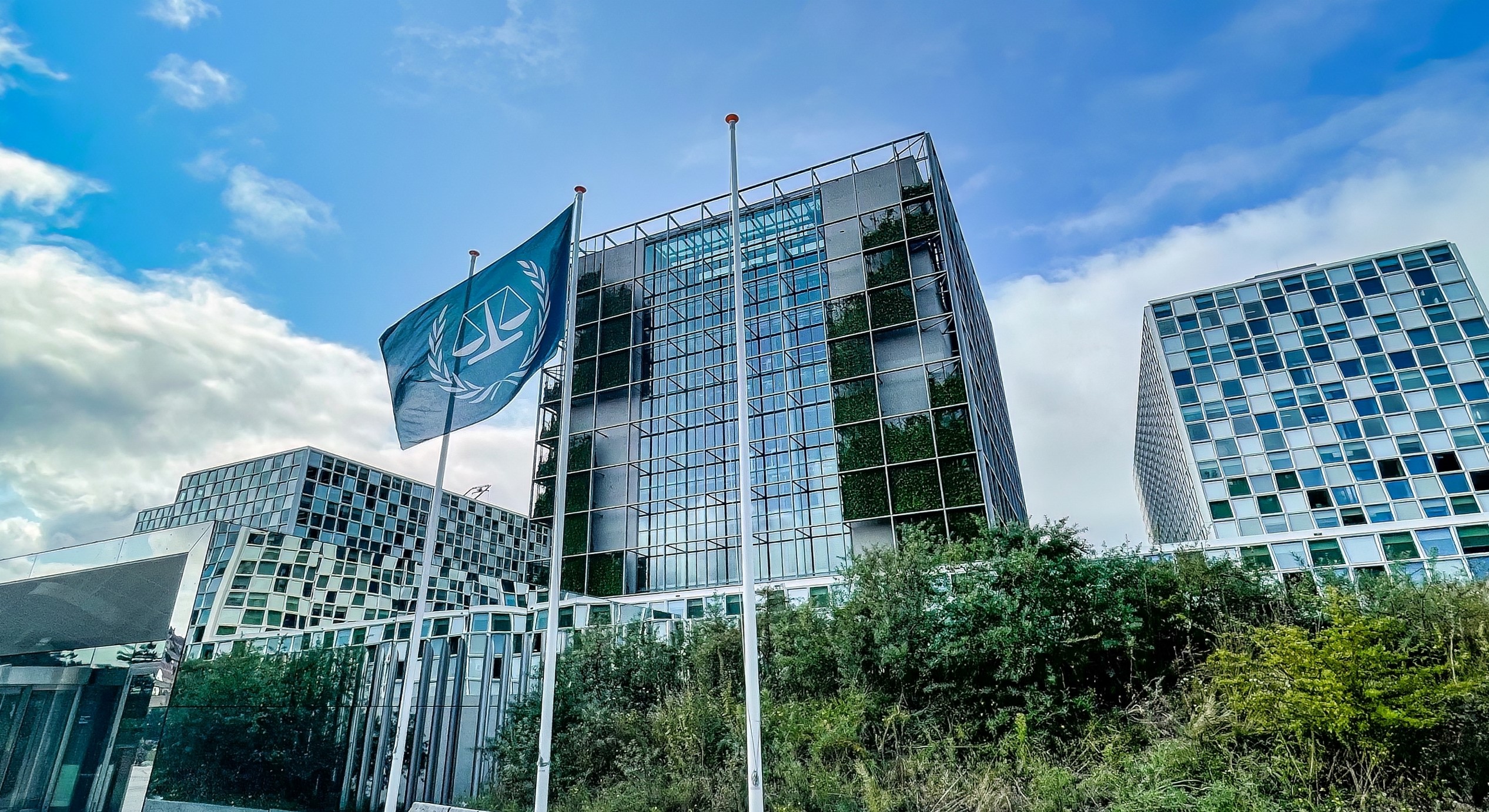

The duality of international humanitarian law against unipolarity - Saly Moussa
Just as victors leave their marks on the pages of war, they also leave their marks on its laws. When we thought we had gotten rid of colonialism, it traces a law aimed at humanizing war to create an embellished beautiful face for a new global dictatorship.
International humanitarian law has walked the path of Calvary in our countries, and reached Gaza, where it was crucified and buried under the rubble of the internationally protected objects. The humanitarian arena is currently in dire need to strengthen the regulatory and legal frameworks to confront the gross and blatant violations against humans, their civilian objects, and their cultural property.
Through all the events happening around the world, in particular the use of military force between states, we have noticed that great powers cite the rules of the international law, and ignore it when it becomes inconvenient. We have seen through the Western political discourse that accompanied the Russian war on Ukraine, a repetition of the concepts of international law and sovereignty, violation of international treaties and covenants, human rights, non-interference in the internal affairs of states and democracy, which constitute the principles and the concepts that do not hold such respect and such significance in the war of Gaza today.
Between the aggression against Gaza and unipolarity, how have these incidents affected the comprehensiveness and credibility of international humanitarian law?
The beginning of the twenty-first century have witnessed numerous radical transformations and changes in war concepts and theories, and adapting to the changes that have occurred, became one of the most prominent challenges facing the various future scenarios of the changing nature of warfare(1). Furthermore, cautious and confused response to the first signs of conflicts has allowed escalation into violence and slide into further chaos and further casualties (2) and the destruction of civilian and cultural property. In addition, the political impact on wars and their future has been a kind of thorny obstacle that hindered the establishment of effective civil-military relations to protect civilians, their civilian objects and their cultural property.
The Hague Conventions of 1899 and 1907 initially set forth the rules for the protection of civilian and cultural property in a very brief manner, but this protection was expanded and enshrined in a more decisive and clear manner after the adoption of the Geneva Conventions of 1949.
The practical failure to implement the rules on the reality of these objects in armed conflicts has urged the International Committee of the Red Cross to call for a greater protection, and accordingly the protection of these objects was reaffirmed, through the adoption of the two additional protocols of 1977. Therefore, the protection has been reinforced through the conclusion of special agreements on the protection of specific objects, including the Hague Convention of 1954 on the Protection of Cultural objects in times of Armed Conflict, then further agreements followed until the rules of international criminal law were established along with the adoption of the Statute of the International Criminal Court.
However, these rules remain worthless unless they are supported by mechanisms leading to their implementation, perhaps the most important of which are the punitive mechanisms represented by the necessity of resorting to international criminal justice to punish violators of the protection rules of these civilian and cultural objects.
The rules of international law are based on a main principle - among other principles - which is the prohibition of the use or threat of use of force against the territorial integrity or political independence of other states. This principle was acknowledged by the states enumerated in Article (24) of the United Nations Charter of 1945, considered as a peremptory norm in international law. There are only two exceptions to this principle, namely the right of self-defense (including collective defense), and the authority of the Security Council to authorize the use of force aimed to impose or restore international peace under Article (42) under Chapter VII of the United Nations Charter.
(1) Variables include everything related to the technological impact of weapons on humans in times of war, while constants in war will not change, such as those related to human nature, war motives, and their consequences.
(2) Richard Gowan. War Prevention and Peacekeeping. Future Wars Conference. Emirates Center for Strategic Studies and Research. Abu Dhabi. UAE. April 9-10, 2013. Without page number.
(3) Decisions of the Security Council on all other matters shall be made by an affirmative vote of nine members including the concurring votes of the permanent members, provided that, in decisions taken under Chapter VI and paragraph 3 of Article 52, a party to a dispute shall abstain from voting.
Recent publications

